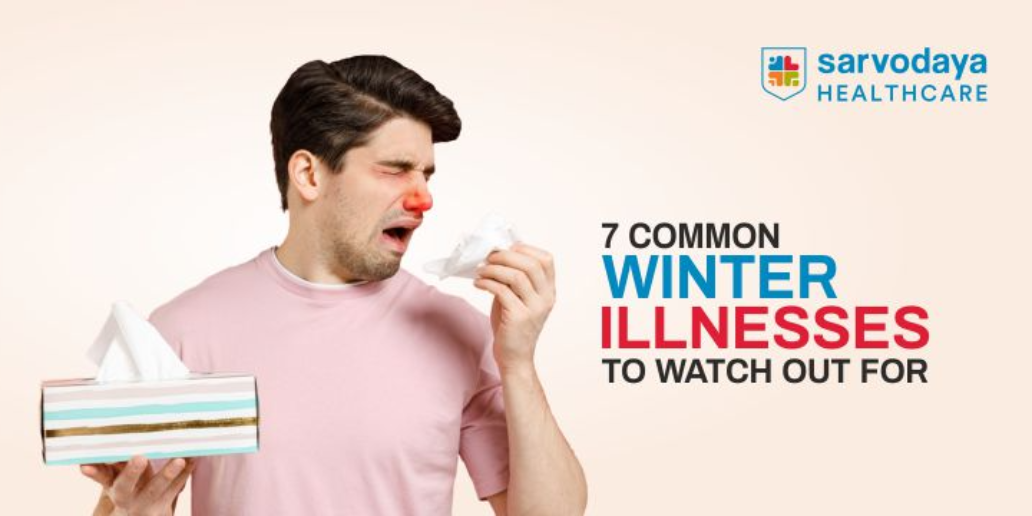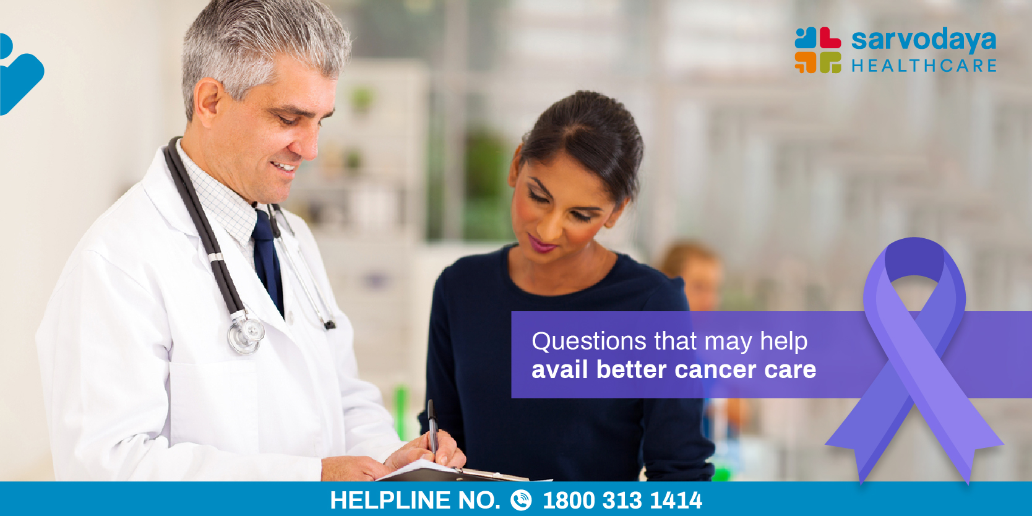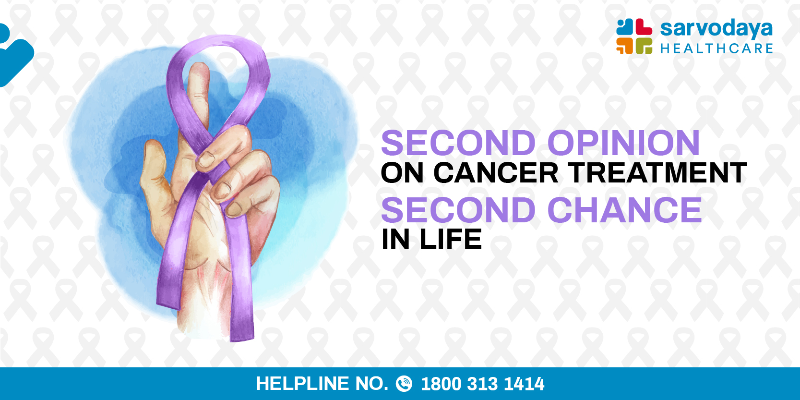While the winter season brings in several festivities & reigns in the new year, it also has a sense of melancholy, as it is a time when respiratory illnesses are more common. The reduced temperatures and cold weather make one more susceptible to certain viruses and since people stay indoors more often, such viruses can easily pass on from one person to the next.
While the touch of cold air adds a subtle charm to our regular lifestyles, it also weakens resistance to certain conditions. This calls for our awareness and timely action, to protect ourselves from this season and enjoy it wholeheartedly.
In the following blog, we have described the various conditions that are most common during this season, along with methods to identify, prevent & treat them. Increased self-awareness is the key to ensuring that one gets right treatment at the right time.
Types of Winter Illnesses
1. Common cold: The most typical winter disease that keeps kids home from school and adults home from work is the common cold! It is an upper respiratory tract viral infection that primarily affects the nasal, pharyngeal, sinus, and laryngeal respiratory mucosa.
The most prevalent infectious disease affecting people is the common cold, which, despite appearing to be mild in severity, can have an adverse effect on every member of a household if not treated promptly.
Symptoms and Signs: Cough, runny nose, sneezing, sore throat, nasal congestion, and sometimes muscle soreness, exhaustion, headache, and loss of appetite
Preventative measures include hand washing, avoiding ill individuals, maintaining cough etiquette, and taking vitamin C supplements or natural sources. Treatment options include symptomatic medication and zinc tablets.
2. Respiratory Syncytial Virus (RSV): This widespread respiratory virus typically results in mild, cold-like symptoms.
Symptoms & signs include a decreased appetite, runny nose, sneezing, fever and wheezing
Consult a doctor before deciding on a treatment plan and prescription
3. Influenza: Commonly known as the "the Flu," this is a contagious illness brought on by a certain type of virus.
Symptoms & signs may include a fever that appears out of the blue, along with a dry cough, headache, joint or muscular discomfort, extreme malaise, sore throat & runny nose. The cough may be strong & linger for 2 weeks or more.
Management of patients: Patients who don't belong to the high-risk group should just receive symptomatic care. To know how serious the condition is and its appropriate line of treatment, consult with a physician at the earliest on the onset of symptoms.
4. Croup: An upper respiratory infection that causes leads to breathing difficulties and has a distinctive barking cough that is brought on by viruses like influenza, parainfluenza, respiratory syncytial virus (RSV), measles, and adenovirus.
Signs and symptoms include a barking cough as mentioned above along with a stridor (abnormal, high-pitched, musical breathing sound), difficulty breathing, fever and restlessness.
5. Pneumonia: This lung illness, brought on by bacteria, viruses, or fungus, can affect one or both lungs. It is a dangerous infection when pus and other liquids fill the air sacs.
- Symptoms and signs include bluish lips & fingernails, a headache, shortness of breath or a cough that gets worse, muscle soreness & weakness.
- Treatment: Eat healthily, drink more fluids, get plenty of rest, use oxygen therapy, use painkillers to reduce fever, and cough suppressants, if the cough is severe. Before choosing a treatment plan and prescription, speak with a doctor.
6. Strep Throat: A bacterial infection that is caused by the bacterium group A Streptococcus & results in a scratchy, irritated throat (group A strep)
Symptoms and signs include hoarseness in the throat, a runny nose, cough or conjunctivitis
Usually, NSAIDs and other analgesics are used in treatment, but one must consult with a specialist before taking such medication.
7. Gastroenteritis: This is commonly known as a Stomach Flu and can be caused by a virus through contaminated food or water. It targets the intestines.
- Symptoms and signs include vomiting, nausea, stomach pain, sporadic headaches or muscle aches as well as a low-grade fever
- Treatment: Avoid potentially contaminated food and water, and wash your hands frequently and thoroughly. Consult a doctor before deciding on a treatment plan and prescription.
TIPS FOR DEALING WITH WINTER ILLNESS
Check out some advice on how to treat the symptoms now that you are aware of the numerous diseases that are common in the winter:
- Keep saline drops, painkillers, and vapour rubs close at hand. Sanitize door handles and other frequently touched surfaces to stop the transmission of germs
- If you have nausea and vomiting, stay hydrated and consider natural electrolyte sources such coconut water
- Cough and runny nose: Saline drops, vapour rubs, and vaporizers
- Gargling with warm, salty water is one of the quickest cures for a sore throat
TIPS FOR PREVENTING WINTER ILLNESS:
- Get enough rest and drink lots of fluids, primarily water
- Cover your mouth with your hands or a tissue when you cough or sneeze
- Wash your hands frequently throughout the day
- Keep a safe distance from individuals who are congested
- Regular exercise boosts immunity. When you feel unwell, see a doctor as soon as possible
- Eat a healthy diet that includes fresh fruits and veggies
- Wear plenty of warm clothing and stay as far away from the cold as you can
WHEN TO BOOK AN APPOINTMENT
Since the winter season can make your body prone to colds, flu and several other winter illnesses. For adults — generally, you don't need medical attention for a common cold. However, seek medical attention at Sarvodaya Hospital, Sec-8, Faridabad, if you have symptoms that worsen or fail to improve, like a fever greater than 101.3 F (38.5 C) lasting more than three days. With highly skilled healthcare professionals and advanced technology, the team at Sarvodaya Hospital enables accurate diagnosis, better treatment options and quicker recovery of their patients. To book an appointment, call: 1800 313 1414










